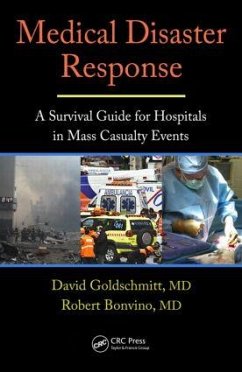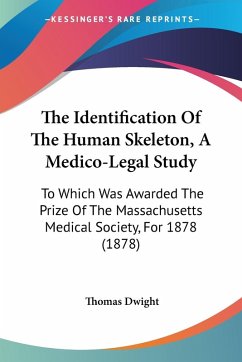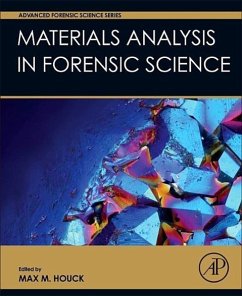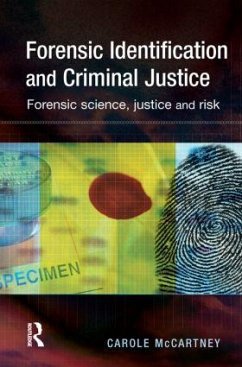
Disaster Victim Identification
Experience and Practice
Herausgeber: Black, Sue; Hackman, L.; Sunderland, G.
Versandkostenfrei!
Versandfertig in 1-2 Wochen
186,99 €
inkl. MwSt.
Weitere Ausgaben:

PAYBACK Punkte
93 °P sammeln!
Based on a selection of key historical incidents, this book provides a candid discussion of potential areas for improvement in preparedness and future deployment capabilities, written by the actual investigators. The book explores how mistakes of the future are more likely to be avoided if historya (TM)s lessons are available, and explains that future deployments may be more efficient and effectively executed as a result. Each chapter provides a summary of the case examined, details of the disaster, and a review of important aspects in terms of legislative, moral, practical, and other conside...
Based on a selection of key historical incidents, this book provides a candid discussion of potential areas for improvement in preparedness and future deployment capabilities, written by the actual investigators. The book explores how mistakes of the future are more likely to be avoided if historya (TM)s lessons are available, and explains that future deployments may be more efficient and effectively executed as a result. Each chapter provides a summary of the case examined, details of the disaster, and a review of important aspects in terms of legislative, moral, practical, and other considerations.













